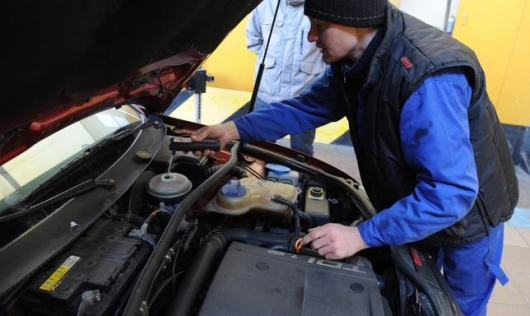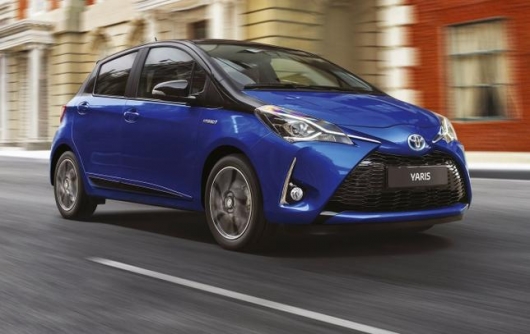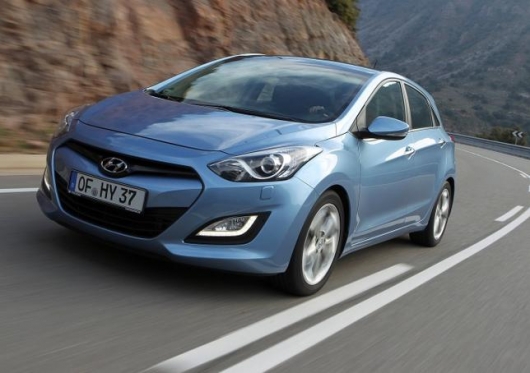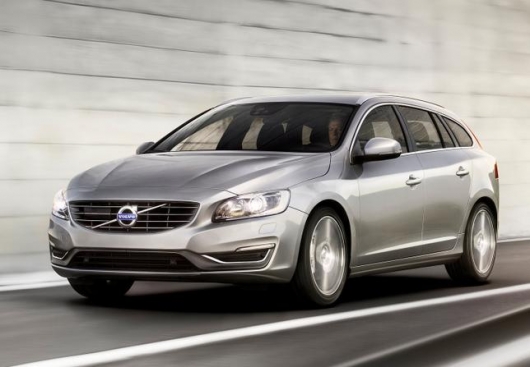The least troublesome popular cars segment. A Rating Of “What Car”
That’s what cars are upset their owners least of all.

The city, compact cars and car D-class, despite the rapid growth in demand for crossovers remains an important part of the European and Russian market. In addition to compactness, convenience and value, the buyers of these cars are waiting for them also low maintenance. And they depend not only on fuel consumption, but also from the frequency of breakdowns. That model, which, according to the British magazine “What Car”, takes the least hassle and headaches of their owners.
This list of the least problematic cars drawn up on the basis of the annual ranking of the British motoring magazine “What Car”. The ranking is based on 18 thousand questionnaires that were filled by the respondents according to the real car owners. These profiles determine what motorists often unhappy in their cars. Every car model is not only measured by the number of faults detected by the owner in the process of exploitation, but also for their inconvenience and repair costs.
All the questions in the questionnaire relate to the last 12 months of operation of the machine. Based on these data and creates an annual index that defines the level of potential problems experienced by many owners a particular car model. The higher the index value, the better the rating of the machine, saying that the car has a low percentage of problems. Here are ten of the best representatives of segments of the B-class, C-class and D-class, as well as three cars that received the lowest ratings.
CD class (In-class: the car for the city)

The least problematic cars in the class:
- 1. Toyota Yaris (benzynowe, 2011 – present): Index 100%
- 2. Honda Jazz (2015 – present): 99,5%
- 3. Honda Jazz (2008-2015): 99,2%
- 4. Suzuki Celerio (2015 – present): 98,0%
- 5. Hyundai i10 (2014 – present): 97,8%
- 6. Skoda Citigo (2012 – present): 97,0%
- 7. Hyundai i20 (2015 – present): 96,5%
- 8. Skoda Fabia (2015 – present): 95.9% of
- 9. Renault Clio (2013 – present): 95.8 percent
- 10. Ford Fiesta (petrol 2008-2017): 95,6%
Three of the worst car in the class:
- 1. Volkswagen Polo (2009-2017): 85,8%
- 2. Nissan Note (2013-2017): 83,8%
- 3. Peugeot 208 (2012 – present): 81,4%
B+ class (small family cars class)

The least problematic cars in the class:
- 1. Hyundai i30 (2012-2017): the Index of 98.9 percent
- 2. Audi A3 (diesel, 2013 – present): 98,%
- 3. Skoda Octavia (diesel, 2013 – present): 97.3% of
- 4. Mazda 3 (petrol, 2014 – present): 97,2%
- 5. Seat Leon (petrol, 2013 – present): 97,2%
- 6. Kia CEE’d (2012 – present): 96,3%
- 7. Honda Civic (petrol, 2012-2017): 95.8 percent
- 8. Ford Focus (petrol, 2011 – present): 95,7%
- 9. Skoda Octavia (petrol, 2013 – present): 95,5%
- 10. Skoda Rapid (2014 – present): 95,3%
Three of the worst car in the class:
- 1. Mercedes A-Class (petrol, 2013 – present): 90.8% of
- 2. Nissan Pulsar (2015 – present): 86,5%
- 3. Peugeot 308 (2014 – present): 81,5%
C – and D-class (small family cars class)

The least problematic cars in the class:
- 1. Volvo V60 (2010-2018):the Index of 99.3 percent
- 2. Opel Insignia (2008-2017): 97,5%
- 3. Alfa Romeo Giulia (2016 – present): 96.9%
- 4. BMW 3-Series (2012 – present): 96,6%
- 5. Mazda 6 (2013 – present): 95.9% of
- 6. Skoda Superb (benzynowe, 2015 – present): 93,7%
- 7. Audi A3 saloon (2013 – present): 93,9%
- 8. Audi A4 (benzynowe, 2015 – present): 93,%
- 9. Skoda Superb (diesel, 2015 – present): 93,%
- 10. Volkswagen Passat (2015 – present): 92,9%
- 11. Ford Mondeo (2014 – present): 92,6%
- 12. Audi A4 (diesel, 2015 – present): 91.9% of
- 13. Jaguar XE (2015 – present): 83,7%
- 14. Mercedes C-Class (2014 – present): 83,%
A rating of “What Car” is an interesting addition to opinions about cars that are useful once you are familiar with the Western ratings of the ADAC or TUV GTU. Of course, the British can be accused of bias rating and subjectively. Because the ranking is based on surveys of car owners, which can compromise the reliability of the data.
On the other hand, this method of obtaining information it looks worse than the results based on the information from the service stations, service stations, leading the repair history of the car and no worse than usual reviews of car owners in the Internet.
